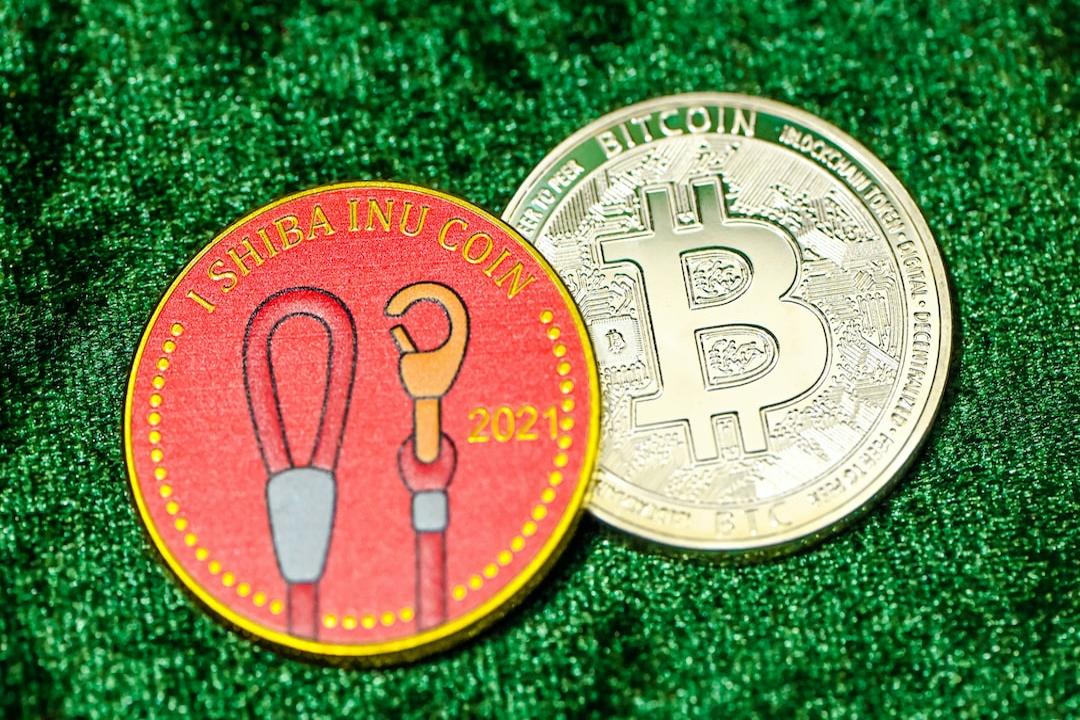Driven by the epic economic stimulus policy, the Chinese stock market soared again today after the end of the Golden Week holiday. However, the Hong Kong stock market performed poorly, with the Hang Seng Index plummeting by 2,300 points or 10.12%, marking the largest decline since 2008.
Under the recent unprecedented economic stimulus policy introduced by the Chinese authorities, the mainland and Hong Kong stock markets have continued to surge. After the end of the Golden Week holiday, the three major A-share indexes skyrocketed at the opening today and closed with collective gains. The Shanghai Composite Index closed at 3,489.78 points, up 4.59%; the Shenzhen Component Index closed at 11,495.1 points, up 9.17%; and the ChiNext Index closed at 2,550.28 points, up 17.25%.
On the other hand, the Hong Kong stock market performed poorly, with the Hang Seng Index gradually declining after the opening this morning. It plunged by 2,336 points or 10.12% to 20,762.82 points during the trading session, not only hitting a new low since September 27th (20,268.63 points), but also recording the largest decline since October 27th, 2008, with a daily decline of 15.39% at that time. The Hang Seng Index closed at 20,926.69 points, down 2,172.99 points or 9.41% at the end of the day.
Some market analysts believe that one reason for the sharp decline in the Hong Kong stock market this morning is that some investors have sold stocks to take profits. Another reason is that the information revealed during today’s press conference held by the National Development and Reform Commission in China did not surprise the market, prompting investors to sell stocks in advance.
Regarding the significant intraday decline in the Hong Kong stock market, Yim Chiu-kwan, an analyst at China Thai Securities, stated that the violent surge of the Hong Kong stock market is difficult to sustain for a long time, and the short-term valuation repair has been quite sufficient. When the market encounters verification of economic data and policy implementation, market volatility may increase sharply, and there may be pressure to take profits at high levels. Therefore, investors need to pay attention to the pace of trading and seize opportunities for profit-taking.
Despite today’s significant pullback, foreign reports still remain bullish on the Hong Kong stock market. Citigroup raised its mid-year target for the Hang Seng Index by 18% to 26,000 points from 22,000 points and predicted that the Hang Seng Index could rise to 28,000 points by the end of 2025. However, it is worth reminding investors that with a large amount of speculation in the market, volatility may be enormous, so caution is needed.
During the press conference held by the National Development and Reform Commission in China this morning, it emphasized confidence in achieving the annual economic target and promised further support for economic growth. However, the market’s anticipation of a heavyweight fiscal stimulus policy did not materialize.
Zheng Shan-jie, the Director of the National Development and Reform Commission, announced during the press conference that the 700 billion yuan allocated for “dual-circulation” construction and the one trillion yuan ultra-long-term special national bonds for “new industries” have all been issued to local regions. As the market believes that the issuance of one trillion yuan ultra-long-term national bonds by China will benefit the mainland stock market earlier than the Hong Kong stock market, many investors may expect better performance in the mainland stock market and have sold Hong Kong stocks and turned to invest in mainland stocks.
Gary Ng, a senior economist at BNP Paribas, stated that this press conference did not reveal many new things. The latest fiscal stimulus commitments appear weaker than market expectations. The early issuance of fiscal expenditures will only help stabilize growth but is not enough to drive a more significant economic recovery.
Related reports:
– China warns domestic companies not to buy NVIDIA AI chips, but to buy Huawei; Horizon Robotics and SMIC’s stock prices surge by 20%
– Is China’s market rescue drawing hot money from the cryptocurrency market? 10x Research: Speculators may have shifted from Bitcoin to mainland A-shares
– Is China’s market rescue effective? The daily turnover of the Shanghai and Shenzhen stock markets breaks a new high of 11 trillion, and Wall Street is caught in FOMO.


